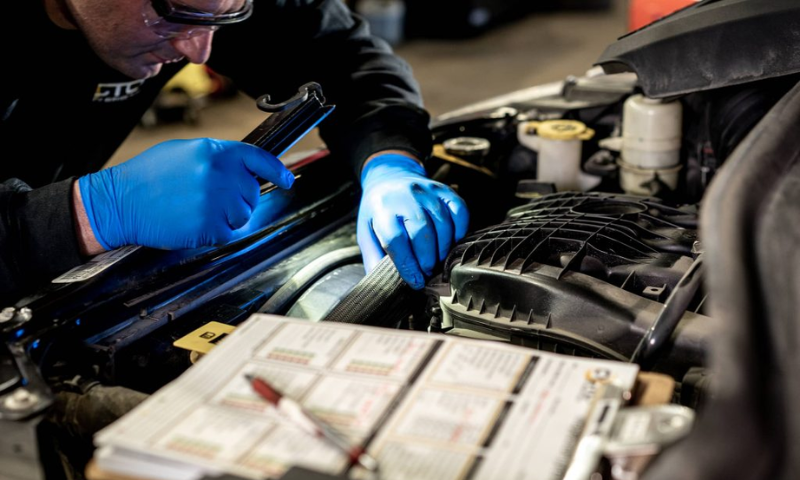Preventive maintenance is a proactive strategy to ensure your car is always operating at peak efficiency and includes things such as oil changes, fluid refills, belt or water pump replacements. Although the regularity of a service can varies due to manufacturer, type of vehicle, and how far it has been driven in a year – there are some important factors you will need to consider to maximize the life and performance of your vehicle.
Keep reading to learn some benefits of handling routine maintenance.
Benefits of preventive car maintenance
As mentioned, preventative maintenance is exactly as it sounds: preventative. And perform timely checks to keep it in top shape (at the recommended intervals) will bring the following benefits to your car:
- More reliable. Few things are worse than being stranded on the road while driving. Your car’s reliability is increased when you get routine maintenance performed on the engine, body, or tiers.
- Fuel-efficient. It reduces fuel costs because a properly maintained and functioning automobile will not have to work as hard to perform basic functions, resulting in significant reduction of fuel usage. Some common causes of poor fuel economy include: engine misfire, faulty engine thermostat, a defective coolant sensor or under-inflated tires.
- It increases safety on the road. The overall safety characteristics of a car are improved by inspection, maintenance, and replacement. The health of the engine directly affects your safety when driving.
- Extend your vehicle’s life. Changing filters, and inspecting the cooling system, for example, can help prevent overheating and improve overall performance of your car.
How often should preventive car maintenance be performed?
Most manufacturers recommend putting your car in for a service at least once a year, but this will depend on your car and your personal driving style.
It is essential to perform timely checks on your vehicle to keep it in top shape. While year-round care is vital, some routine car checkups can vary depending on the time of the year. Every weather has its effects on your car, so here are some helpful tips on how to keep your car in good working condition during summer and winter:
Summer vehicle maintenance tips:
- Air conditioning system: Be sure to switch your car’s AC system on at least once a week. This practice is recommended to keep the vents working and maintain refrigerant gas pressure in the car’s AC, acting as a preventative against moisture and mildew buildup.
- Engine coolants and fluids: The cooling system can get affected. Check your owner’s manual for the car manufacturer’s recommendation, but generally the general rule is to flush and refill coolant every two years. Don’t forget also adjust all fluid levels, including engine oil, power-steering fluid and transmission fluid.
- Keeping an eye on tires: Check the pressure in your tires every month, and before long trips or carrying extra load. Aside from making sure it’s reset to the manufacturer’s recommended PSI, don’t forget to have your wheel’s alignment checked and fixed.
Related content: Water Pump, Tips to Extend its Service Life
Winter vehicle maintenance tips:
- Check your car battery: Low temperature can affect your battery. So, look for corrosion on the battery terminals. Also check the age to see if it is nearing the end of its service life. On average, car batteries last for three/five years with normal care and maintenance.
- Keep your windscreen clear at all times: In order to maintain good visibility and ensure we look after our safety on the roads in winter, it is necessary following a proper routine for cleaning your windscreen.
- Antifreeze: Antifreeze helps to keep your engine running efficiently. It is recommended to maintain a ratio between 50/50% and 70/30% mixture of antifreeze to distilled water. To find out which one your car needs, check your owner’s manual.
To conclude this article, we would like to reiterate a stitch in time saves nine. By following these preventative maintenance tips and staying proactive in caring for your car engine, your vehicle will have an up-to-date service record, while extending the life of your vehicle’s powerplant.
Delaying preventative repair or oblivious sounds, leaks, and other problems will inevitably lead to more costly and time-consuming repairs down the line. Prevention is better than cure, and maintenance costs are far lower than unplanned equipment failures in the future.
Keep reading: 5 warning signs it’s time to replace the timing belt


